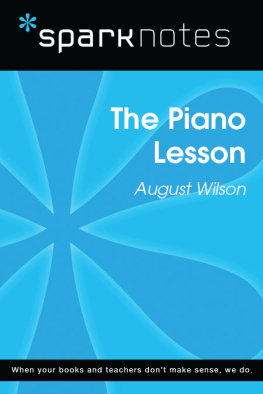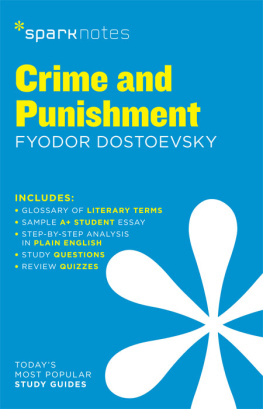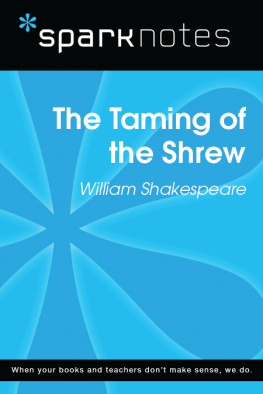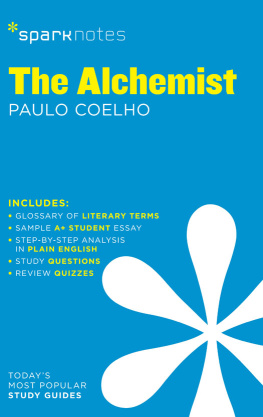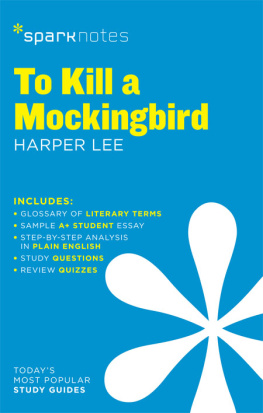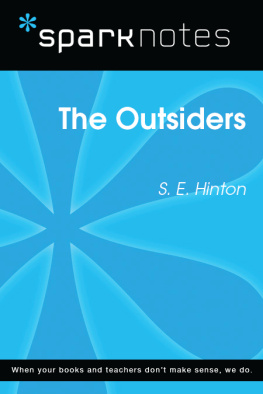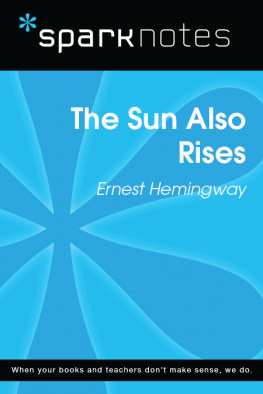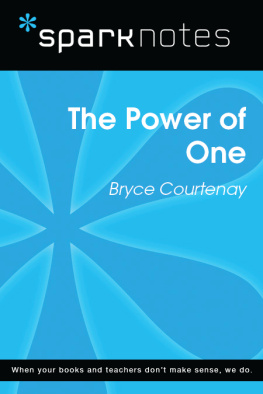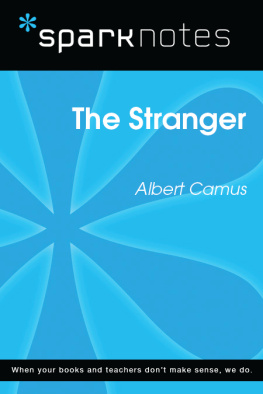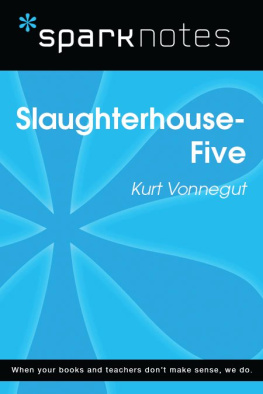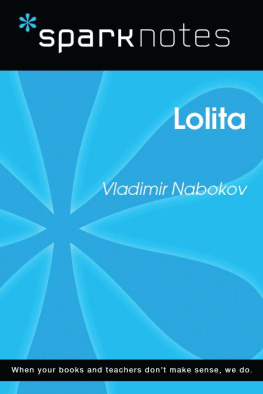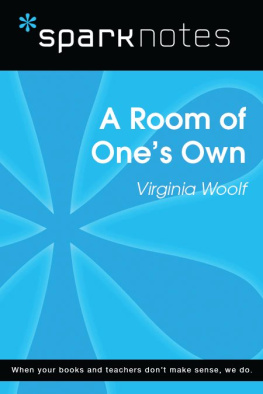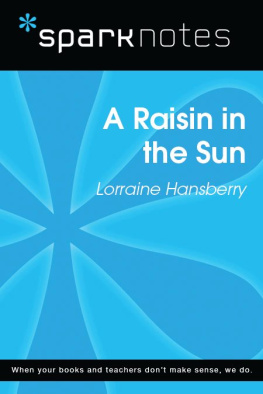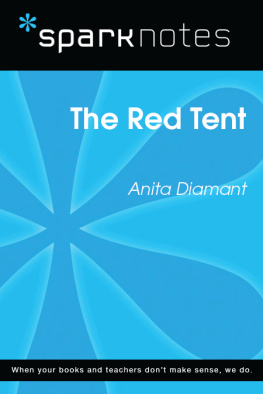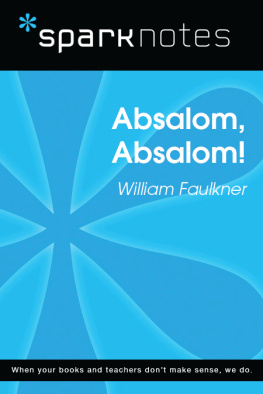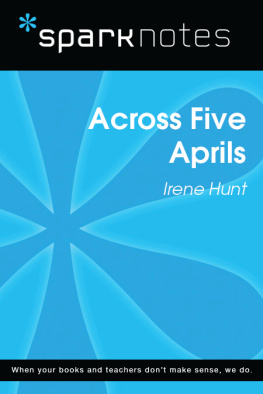The Piano Lesson
August Wilson
2003, 2007 by Spark Publishing
This Spark Publishing edition 2014 by SparkNotes LLC, an Affiliate of Barnes & Noble
All rights reserved. No part of this publication may be reproduced, stored in a retrieval system, or transmitted in any form or by any means (including electronic, mechanical, photocopying, recording, or otherwise) without prior written permission from the publisher.
Sparknotes is a registered trademark of SparkNotes LLC
Spark Publishing
A Division of Barnes & Noble
120 Fifth Avenue
New York, NY 10011
www.sparknotes.com /
ISBN-13: 978-1-4114-7707-0
Please submit changes or report errors to www.sparknotes.com/.
10 9 8 7 6 5 4 3 2 1
Context
August Wilson was born poor into a family of seven in Pittsburgh, Pennsylvania. Due to the intense racism, he left school at age sixteen, opting to educate himself independently at the city library. While working a variety of jobs, Wilson began to write, eventually founding, in 1968, the Black Horizon on the Hill theater company. It was not until 1978, however, when he moved to St. Paul, Minnesota, that Wilson began to produce mature dramas. His first piece, Jitney, a tale of a group of workers and travelers in a taxi station, was well-received locally and praised especially for its experiments in black urban speech. Fullerton Street, however, Wilson's subsequent play, brought no comparable success. Wilson turned to an unfinished project that would prove to be his breakthrough.
Ma Rainey's Black Bottom, which concerns a black blues singer who takes advantage of a group of musician in a recording studio and their various experiences with racism, eventually brought Wilson to the Yale Reparatory Theater and then to Broadway in 1984. Ma Rainey also enabled Wilson to make contact with Yale Reparatory director Lloyd Richards, who has continued to collaborate with Wilson on his productions. Wilson then wrote his Pulitizer-winning Fences, in which a former star athlete forbids his son from following his path and accepting an athletic scholarship, and Joe Turner's Come and Gone, which tells of an ex-convict's search for his wife upon his release from prison. In 1990, Wilson won his second Pulitzer with The Piano Lesson. His more recent work includes Two Trains Running (1992), which concerns a diner on the verge of being torn down, and Seven Guitars (1995), Wilson's homage to Blues guitarist Floyd Barton.
The Piano Lesson concerns the struggle of two siblings over a precious family heirloom, a piano carved with images of their African ancestors and crafted their enslaved grandfather. The Great Depression serves as the historical backdrop to the play as well as black migration during this period from south to north. Such migration increased steadily until stabilizing in the 1930s and creating new black communities that would be devastated by the economic ruin. Wilson took inspiration for the play from a Romare Bearden painting by the same name, seeing in its scene of a teacher and student an allegory for how African Americans must learn to negotiate their history. As critic Sandra Shannon explains, Wilson formulated two thematic questions to address in his work: "What do you do with your legacy, and how do you best put it to use?" (The Dramatic Vision of August Wilson, 146).
In a sense, Wilson's entire body of work concerns itself with analogous questions. Not only do his plays emerge from meticulous research into the dialect and everyday life of its given eras, but they also raise issues of history, history's representation, memory, and legacy as their primary sources of conflict. It is important to note The Piano Lesson is part of Wilson's projected ten-play cycle on African American history, written in a moment when he appeared especially concerned with what he identified as the "foreign" representations of African American experience that dominated the mass media of the 1980s. The Cosby Show provides an obvious example.
The importance of such counter-representations of history notwithstanding, one may hear, in Wilson's call to represent African American history in "non-foreign" fashion, the echoes of a cultural nationalism that characterizes his earliest work.
Plot Overview
The Piano Lesson is set in Pittsburgh in 1936, with all the action taking place in the house of Doaker Charles. A 137-year-old, upright piano, decorated with totems in the manner of African sculpture, dominates the parlor.
The play opens at dawn. Boy Willie, Doaker's nephew, knocks at the door and enters with his partner, Lymon. Two have come from Mississippi to sell watermelons. Willie has not seen his sister Berniece, who lives with Doaker, for three years as he has been serving a sentence on the Parchman Prison Farm.
Willie asks his uncle for a celebratory drink: the Ghosts of the Yellow Dog have drowned Sutter in his own well. Willie intends to sell the family piano and use the money to buy Sutter's land, the land his ancestors once worked as slaves. Doaker, however, is sure Berniece will not part with the piano. Indeed, Avery Browna preacher who has been courting Berniece since her husband Crawley diedhas already tried to get her to sell it. Willie schemes to get in touch with the prospective buyer himself.
Suddenly Berniece cries out off-stage, "Go on get away." Berniece claims she has seen Sutter's ghost, calling Boy Willie's name. She is convinced that her brother pushed Sutter into the well. Shaken, she refuses to cooperate with his plans.
Three days later, Doaker's brother Wining Boy, a wandering, washed-up recording star, sits at the kitchen table discussing the recent events with the men. Wining Boy mentions that he heard Willie and Lymon were on Parchman Farm. Willie explains that some whites had tried to chase Willie, Lymon, and Berniece's husband Crawley from some wood they were pilfering. Crawley fought back and was killed while the other two went to prison. The men reminisce about Parchman and sing an old work song.
Doaker then explains the piano's history to Lymon. During slavery, a man named Robert Sutter, the recently deceased-Sutter's grandfather, owned the Charles family. He wanted to make an anniversary present out of his friend's piano but could not afford it. Thus he traded a full and half grown slaveDoaker's grandmother Berniece and his fatherfor the instrument. Though initially Sutter's wife loved the piano, she eventually came to miss her slaves, falling desperately ill. So, Sutter asked Doaker's grandfather, Willie Boy, to carve the faces of his wife and child into the piano. Willie Boy did not only carve his immediately family, however, but included his mother, father, and various scenes from the family history.
Years after slavery, Berniece and Boy Willie's father, Boy Charles, developed an obsession over the piano, believing that as long as the Sutters held it, they held the family in bondage. Thus, on July 4, 1911, he, Doaker, and Wining Boy stole it. Later that day, lynchers set Boy Charles's house on fire. He fled to catch the Yellow Dog, but the mob stopped the train and set his boxcar on fire. Boy Charles died along with the hobos in his car, all of whom became the ghosts of the railroad.
Once Doaker has finished his story, Willie and Lymon attempt to move the piano. Berniece enters and commands Willie to stop, since the piano is their legacy. Berniece invokes the memory of their mother, who attended to the piano until the day she died. She attacks Boy Willie for perpetuating the endless theft and murder in their family, blaming him for the death of her husband. Suddenly, Maretha, Berniece's daughter, is heard screaming upstairs in terror, as Sutter's ghost has appeared again.

